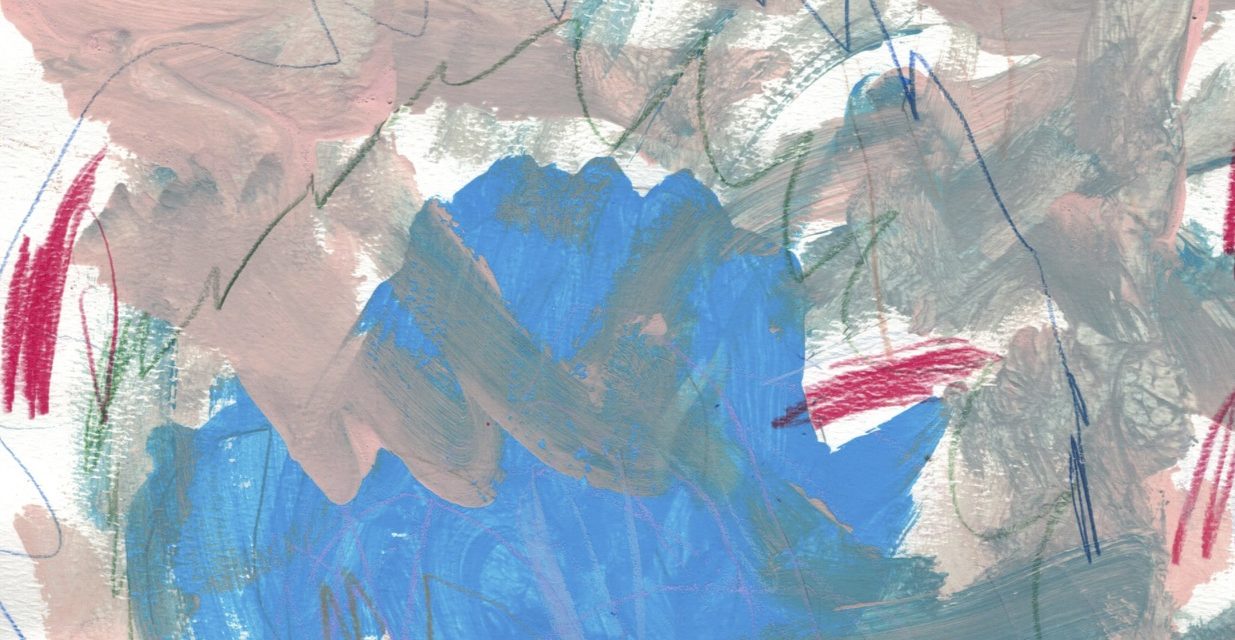I was thinking about disappointment, how when we plate it up and dramatically serve it to others it is such a bitter dish. Really it should be between us and God but we push another’s face in it. “I’m so disappointed in you” might get results with very young children, but I don’t think there’s much place for adults slinging it to one another, because really what we are feeling has to do with our unique reaction: “My! How my expectations of this situation have not been fulfilled!” You and your disappointment are a wholly separate entity from the situation that doesn’t please you.
What does the word mean? To un-assign? To discover we’ve been fired, un-appointed, removed from something we believed it was our job to manage or control? You are no longer appointed chief of this situation. You are dis-appointed.
It’s funny that there’s no opposite. Appointment isn’t the opposite. And we don’t heal from disappointment by being reinstated, re-appointed back to our old position. Perhaps we find the best antonym in home repair: re-pointing one’s bricks finds a mason digging out all the crumbly mortar that is structurally unsound and filling in all the gaps with fresh mortar. The sagging lines are leveled out. The wall is now made of different stuff, but newly reinforced, it will stand.
A trustworthy home advice site is full of wisdom:
Repointing is all about out with the old and in with the new—and working in small sections. You don’t want to remove all of the old mortar from a wall at once, because you may weaken its integrity.
When we discover that the mortar has crumbled and we are no longer the boss – that is a hard one for us boss people. Often we break relationship with the dis-appointer. We say, “This can’t go on. I was not prepared to lose this position. I no longer understand where I stand in relationship to you, so I won’t.” Isn’t this usually a veiled way of saying “I am no longer holding the power in this situation and it makes me too uncomfortable to carry on”?
So then: parenting. Am I brave enough to tell my children that I will never be disappointed in their unique them-ness? And mean it? That though they will make decisions I think are terrible, can I be brave enough to say: “I am afraid of the pain this may cause me! But I will always be here for you!” Am I tough enough to recognize that my “feeling of sadness or displeasure caused by the nonfulfillment of [my] hopes or expectations”* is an emotion I must take to God alone, to unpack, to salve my powerlessness, to trust that I will be held up in this unfamiliar pain? And to look for that new way of being that will ultimately be born of my courage to face my own fear and pain?
We begin our deep descent into disappointment the moment we feel unseated. When things we thought we controlled unravel out of our control. When we’re hurt by someone we thought would never, could never, wound us like that. When life simply doesn’t meet our expectations.
The Hubs is struggling with a four-year-old’s propensity to hit others, to say unkind words (words we are convinced, as all parents are, that he learned at school and not in OUR house), to be completely unable to exercise self-control. “How is this our kid??!” How many parents have raised this cry to heaven? And to heaven it belongs. You, questioning your life, your choices, your parenting, your mental health, your DNA will gain nothing by pushing the child’s face into your angst over his behavior. Maybe our child will grow up kind; maybe he will become a tyrant. We can’t control him into either outcome, but we can model the sacrifice of our tightly-held expectations about his future, continuing to grow in our own capacity for peace. The world needs more people at peace. Peace is the balm that can cover over hurts and old wounds and remind others that forgiveness is possible and worth the effort. Is it foolish to believe that growing up in a household of peace will be enough to absorb our son’s fists and rages? It might be, but it’s still a noble goal for the whole family. Peace is the mortar that will hold our relational brick wall together.
I remind myself and The Hubs of this truth then, as we gently parent our wild young children:
You and your son must deal with the behavior. You and your soul must deal with the disappointment.
*How on earth does one cite the dictionary that is a part of Apple’s iOS?
Post #15 of 40 Daze: A Lenten Writing Practice

